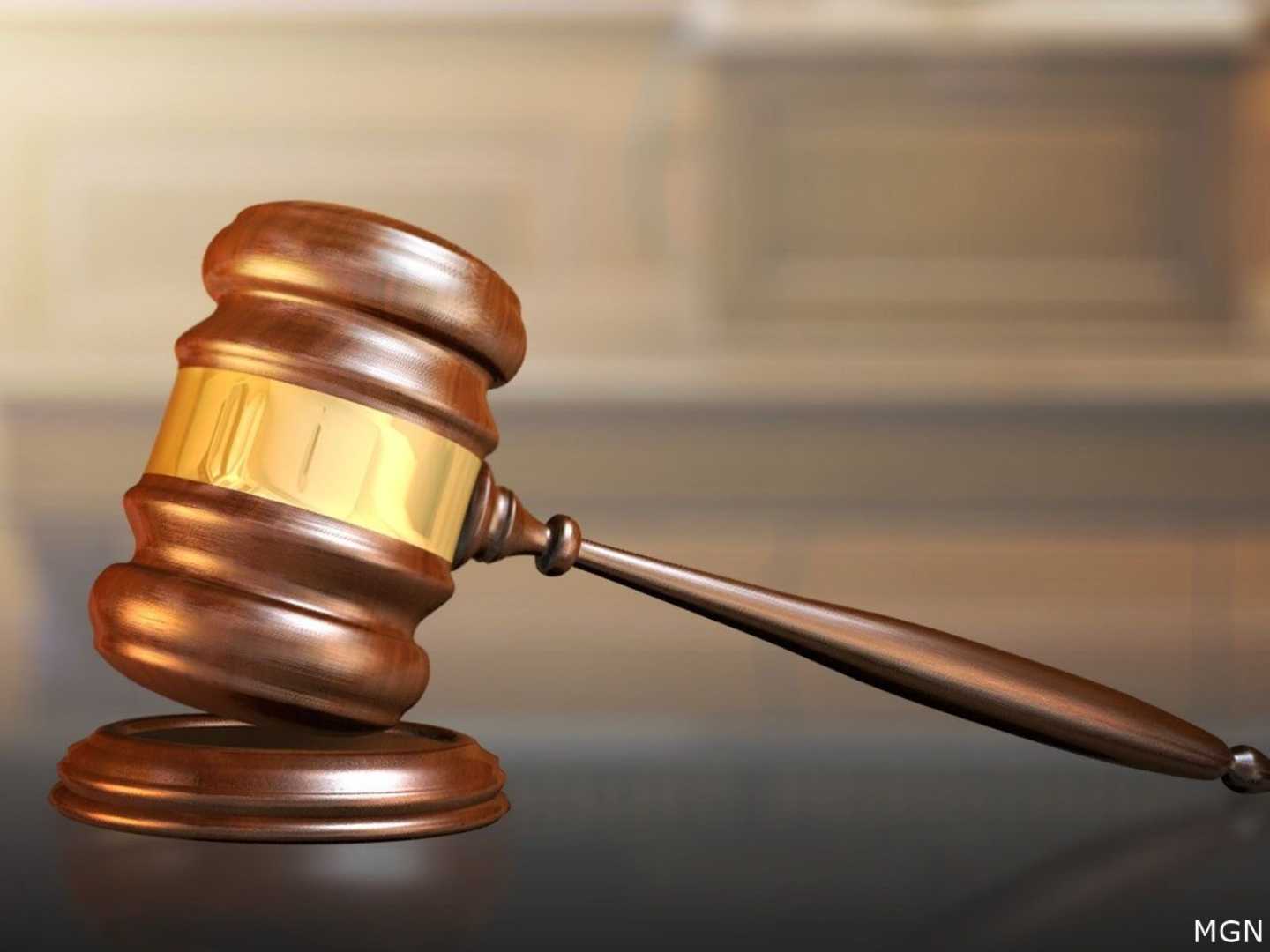News
Federal Judge Orders White House to Reinstate AP’s Press Access

WASHINGTON — A federal judge ordered the White House on Tuesday to restore The Associated Press’ full access to cover presidential events, asserting a significant First Amendment victory amid ongoing tensions between the press and the Trump administration.
U.S. District Judge Trevor N. McFadden, a Trump appointee, ruled that the government cannot retaliate against the AP for its decision not to comply with an executive order aimed at renaming the Gulf of Mexico. This ruling highlighted the fundamental principle that the government must not discriminate against journalists based on viewpoint.
“Under the First Amendment, if the Government opens its doors to some journalists — be it to the Oval Office, the East Room, or elsewhere — it cannot then shut those doors to other journalists because of their viewpoints,” McFadden wrote. “The Constitution requires no less.”
The AP has faced restrictions since February 11, when it was excluded from covering President Trump during key events both in the Oval Office and aboard Air Force One. The organization had sought judicial recognition that the president violated its constitutional rights by excluding it from events based on its editorial decisions.
As of Tuesday, it remains uncertain how quickly the White House will implement McFadden’s ruling, which currently provides the government with one week to respond or appeal. The AP’s absence from significant coverage has resulted in a loss of a $150,000 advertising contract and has delayed the delivery of news and images to its subscribers globally.
Julie Pace, executive editor of the AP, emphasized the broader implications of the lawsuit in a Wall Street Journal op-ed, arguing that it is more than just about naming a body of water. “It’s really about whether the government can control what you say,” Pace stated.
The administration has been under scrutiny for taking steps to restrict press access at events and seeking more control over media narratives, which some critics view as an effort to marginalize dissenting voices. In court, the government’s counsel maintained that the AP could still engage with the press and had access to other outlets for coverage.
The Associated Press issued a statement following the ruling, saying, “We are gratified by the court’s decision. Today’s ruling affirms the fundamental right of the press and public to speak freely without government retaliation. This is a freedom guaranteed for all Americans in the U.S. Constitution.”
This case represents an ongoing conflict between the Trump administration and established news organizations, as similar disputes have emerged with other media outlets regarding access and editorial independence.
As the government faces increasing scrutiny over media relations, this ruling may set significant precedents for how press freedoms are handled in the future.












